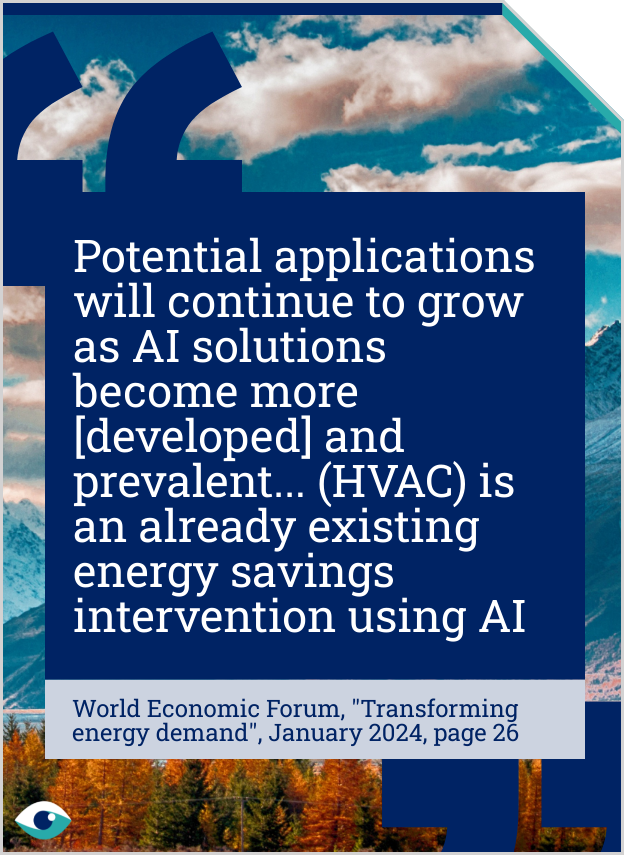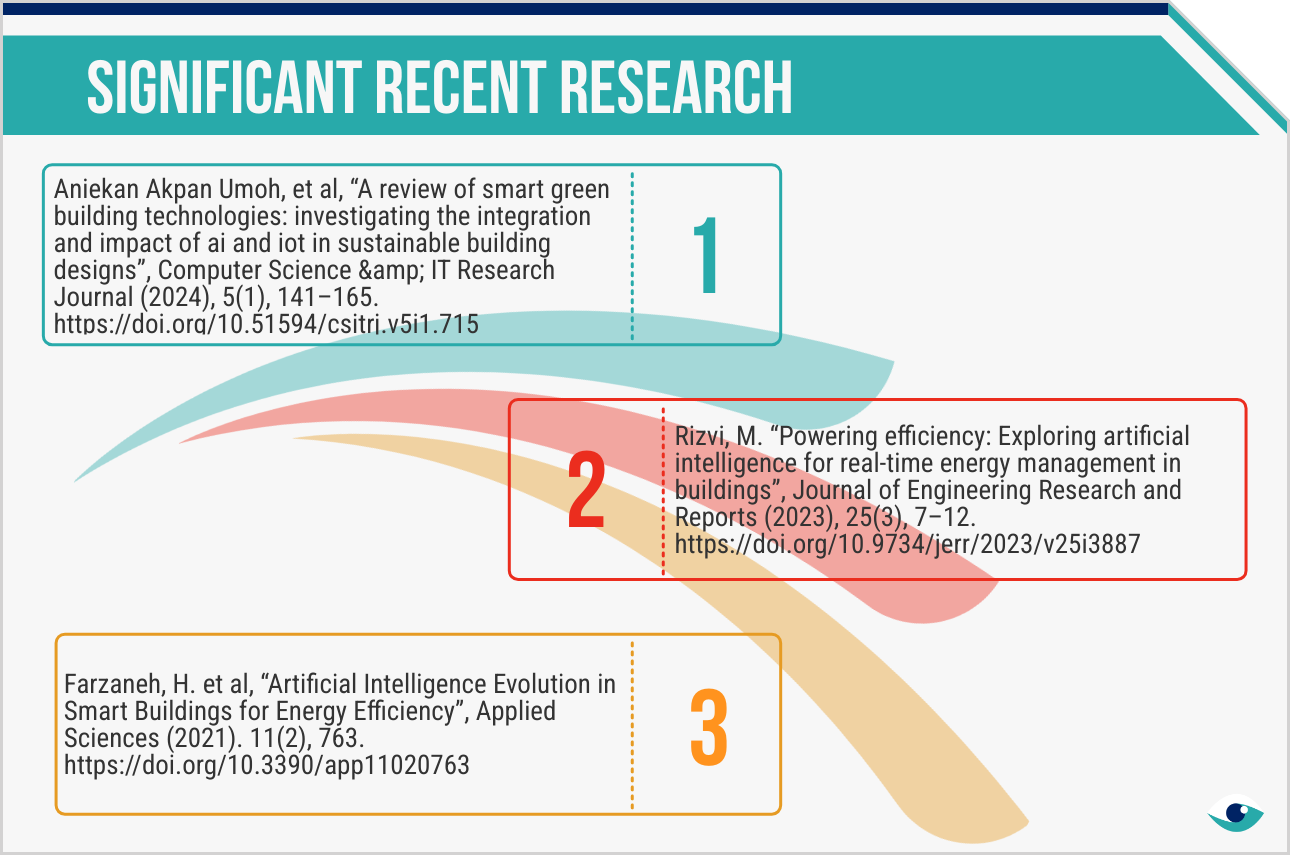The tourism sector is under increasing pressure to enhance energy efficiency and reduce greenhouse gas (GHG) emissions due to stringent global regulations. Traditional Building Management Systems (BMS), which are computer-based systems that control and monitor a building’s electrical equipment, have provided energy savings for hotels, casinos and restaurants. However, the rise of Artificial Intelligence (AI) has transformed these systems into smarter and more efficient tools capable of increased energy savings, as evidenced by the scientific community and several case studies.

BACK

AI-driven building management systems are now a reality
Technological advances in AI can help achieve greater energy savings and reduce emissions in the tourism sector
Technology
Tourism (all industries)
AT A GLANCE
Scientific research supports AI-enhanced BMS for superior energy management efficiency.
Global efforts towards net-zero buildings drive the need for innovative energy management technologies.
AI-driven solutions can lower operational costs and reduce exposure to regulatory risks, such as GHG emissions pricing.

Technological innovations
Global regulations are heading towards net-zero buildings by 2050, pressing all commercial buildings to adopt more efficient practices. In response, the scientific community has been investigating ways to enhance energy efficiency measures. There has been an average of 26% of energy savings in commercial buildings, further confirmed by a WEF report, Transforming energy demand, that suggests AI-driven HVAC systems can provide savings of up to 25%.
Scientific advancements
Scientific advancements, which enable the systems to perform with greater accuracy and efficiency, highlight AI integration into energy management. “Smart” buildings, with sensors and subsystems, represent a significant transformation in traditional energy management practices. Concurrently, in line with a rising demand for transparency, the SASB and GRI standards require tourism organisations to disclose their energy consumption and their energy reduction strategies.

Practical applications
The practical application of AI in energy management is evidenced by its increasing adoption. Airports like Las Vegas and Davos, and several global hotels, have implemented AI-driven systems to optimise energy use and reduce costs. Recogizer and Sener, two leading firms developing AI systems, commercialise solutions which can offer up to 28% energy savings in buildings. According to a report by the World Bank, AI solutions are among the most promising technological advancements to achieve net-zero in buildings.
Future outlook
As AI systems evolve, they will require robustness to efficiently manage and further reduce energy consumption. Despite the high initial costs, the long-term benefits of adopting a smart BMS include lowered operational expenses, reduced regulatory risk and exposure to GHG emissions pricing. Moving forward, as these systems become more cost-effective, their adoption will likely accelerate. Nevertheless, integrating AI systems will demand comprehensive cybersecurity measures to prevent data breaches, as pointed out by the scientific community.
FURTHER READING
- Transforming energy demand (WEF)
- Green digital transformation (World Bank)
- Nearly zero-energy buildings (European Commission)

BACK
